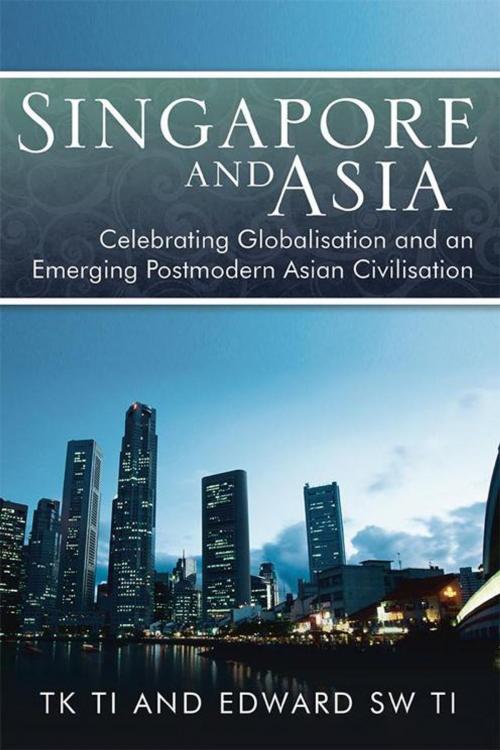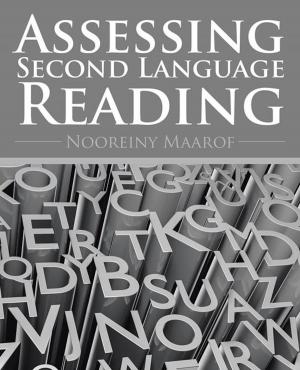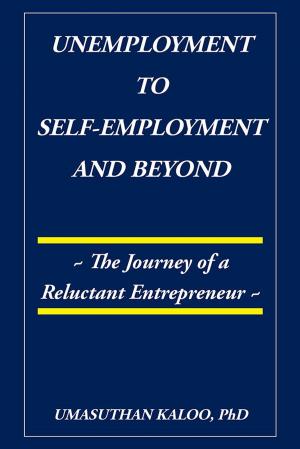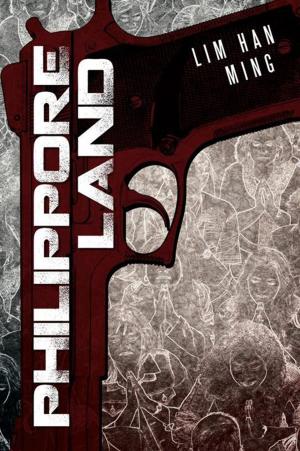Singapore and Asia - Celebrating Globalisation and an Emerging Post-Modern Asian Civilisation
Nonfiction, History, Asian, India, Asia| Author: | Thiow Kong Ti, Edwards SW Ti | ISBN: | 9781482890013 |
| Publisher: | Partridge Publishing Singapore | Publication: | April 1, 2014 |
| Imprint: | Partridge Publishing Singapore | Language: | English |
| Author: | Thiow Kong Ti, Edwards SW Ti |
| ISBN: | 9781482890013 |
| Publisher: | Partridge Publishing Singapore |
| Publication: | April 1, 2014 |
| Imprint: | Partridge Publishing Singapore |
| Language: | English |
Singapore and Asia- Celebrating Globalisation and an Emerging Post-modern Asian Civilisation TK Ti and Edward SE Ti This book examines the history of the global economy and how cultural values have empowered the rapid emergence of Singapore and East Asia. A review of the major world civilizations recounts Western hegemony since the 16th century. With legacies from Classical Mediterranean, Islamic Abbasid and Christian scholasticism, Western civilization created the modern world, pushing the borders of techno-science, rule of law, democracy and human rights. Perhaps somewhat surprisingly, the greatest impact of global modernization has been in Japan, South Korea, Taiwan, Hong Kong Singapore and China. These East Asian countries all share a Confucian heritage of hard work ethics, thrift, love of learning and respect for benign authority. Although democracy has had a lukewarm reception, there has been whole-hearted embrace of techno-science and the globalized economy. Singapore, a miniscule island state fighting for survival following its expulsion from Malaysia in 1965, showcases how uninterrupted innovative governance and modernization has created an efficient, livable and global port-city, top financial center and host to the worlds largest conglomerate of Multinational Corporations. There is expectation that current research investment would transform Singapore into a mature knowledge economy. In addition to Singapores openness and welcome of global talents and workers, committed governance has achieved rule of law, control of crime and corruption, meritocracy in political and public appointments, trade union support, and racial and religious harmony. Social support, which continues to be enhanced, is not by way of hand-outs but as subsidies in education, healthcare, and home ownership. In the 1970s and 1980s, Asian values was proposed to be driving the emergence of Japan and the Asian tigers. With the current awesome rise of China challenging the world order, it seems prudent to resume the conversation.
Singapore and Asia- Celebrating Globalisation and an Emerging Post-modern Asian Civilisation TK Ti and Edward SE Ti This book examines the history of the global economy and how cultural values have empowered the rapid emergence of Singapore and East Asia. A review of the major world civilizations recounts Western hegemony since the 16th century. With legacies from Classical Mediterranean, Islamic Abbasid and Christian scholasticism, Western civilization created the modern world, pushing the borders of techno-science, rule of law, democracy and human rights. Perhaps somewhat surprisingly, the greatest impact of global modernization has been in Japan, South Korea, Taiwan, Hong Kong Singapore and China. These East Asian countries all share a Confucian heritage of hard work ethics, thrift, love of learning and respect for benign authority. Although democracy has had a lukewarm reception, there has been whole-hearted embrace of techno-science and the globalized economy. Singapore, a miniscule island state fighting for survival following its expulsion from Malaysia in 1965, showcases how uninterrupted innovative governance and modernization has created an efficient, livable and global port-city, top financial center and host to the worlds largest conglomerate of Multinational Corporations. There is expectation that current research investment would transform Singapore into a mature knowledge economy. In addition to Singapores openness and welcome of global talents and workers, committed governance has achieved rule of law, control of crime and corruption, meritocracy in political and public appointments, trade union support, and racial and religious harmony. Social support, which continues to be enhanced, is not by way of hand-outs but as subsidies in education, healthcare, and home ownership. In the 1970s and 1980s, Asian values was proposed to be driving the emergence of Japan and the Asian tigers. With the current awesome rise of China challenging the world order, it seems prudent to resume the conversation.















